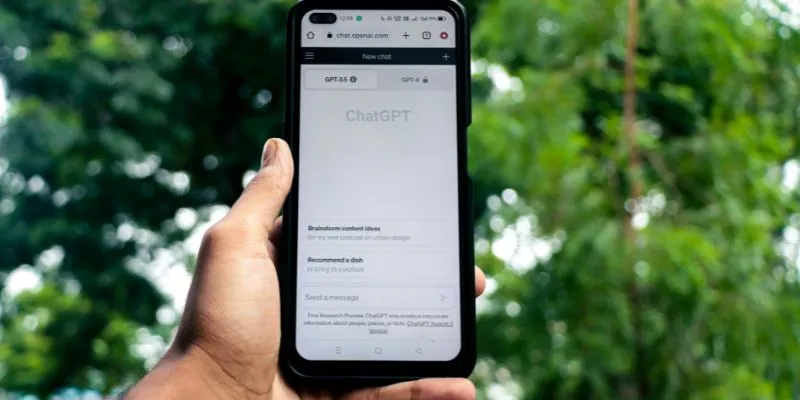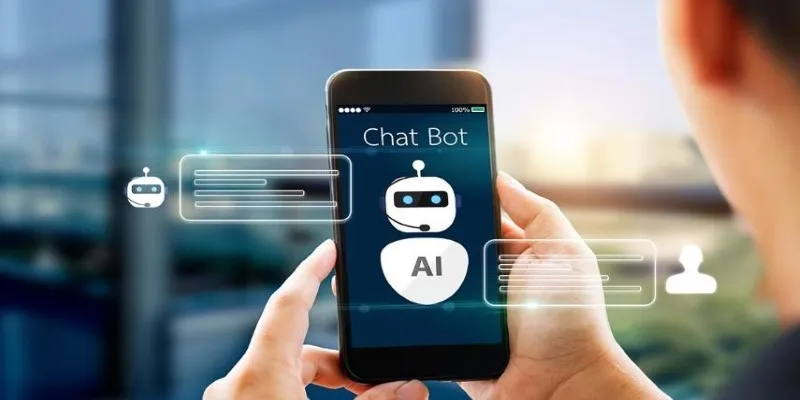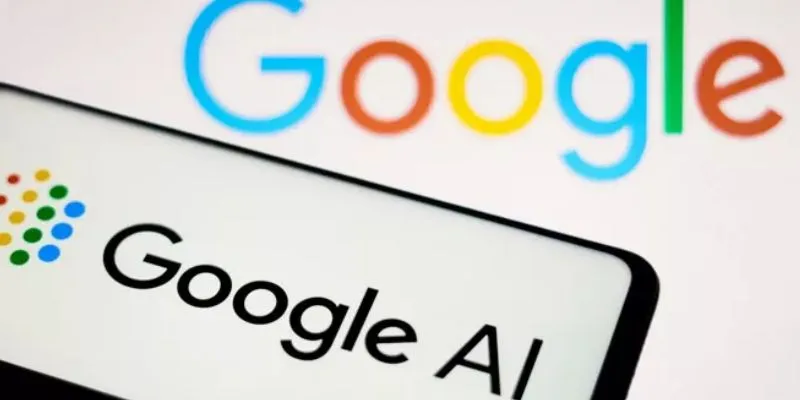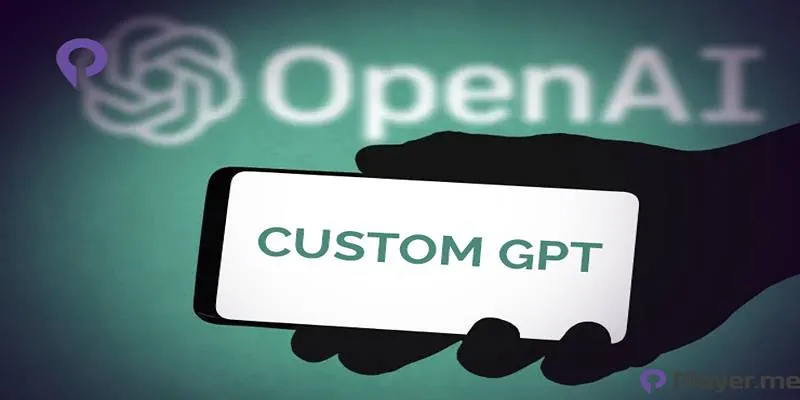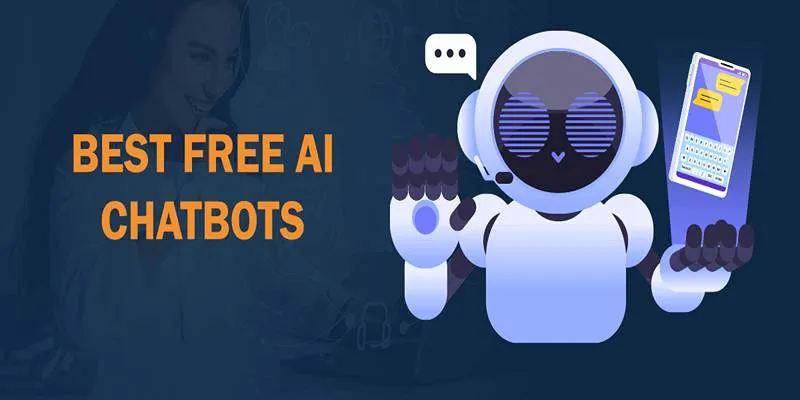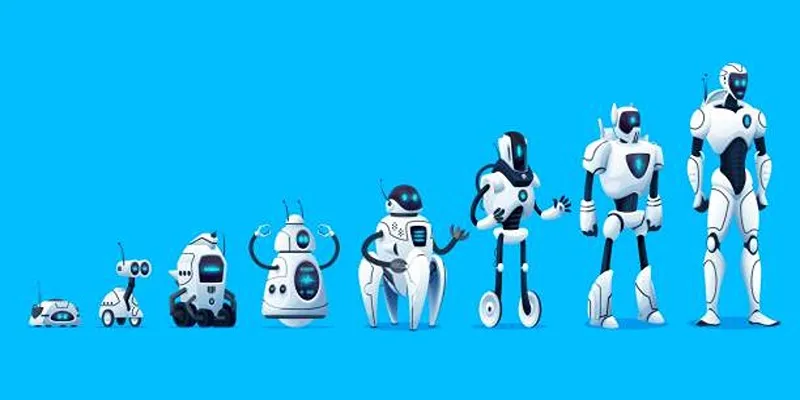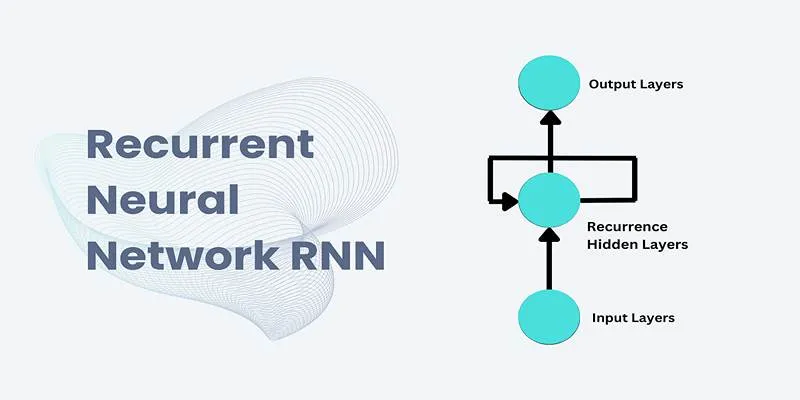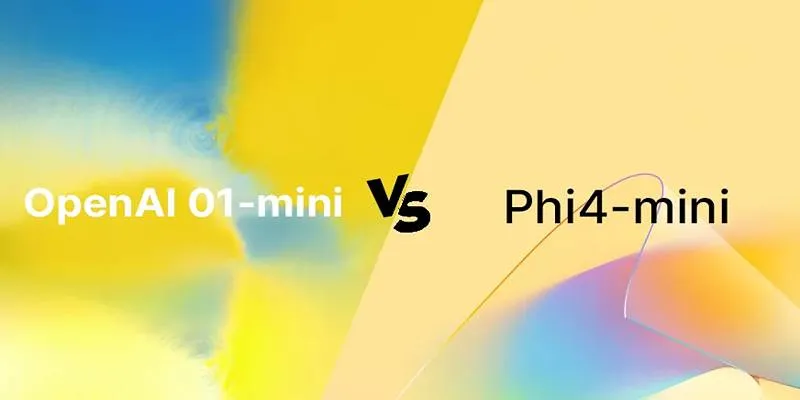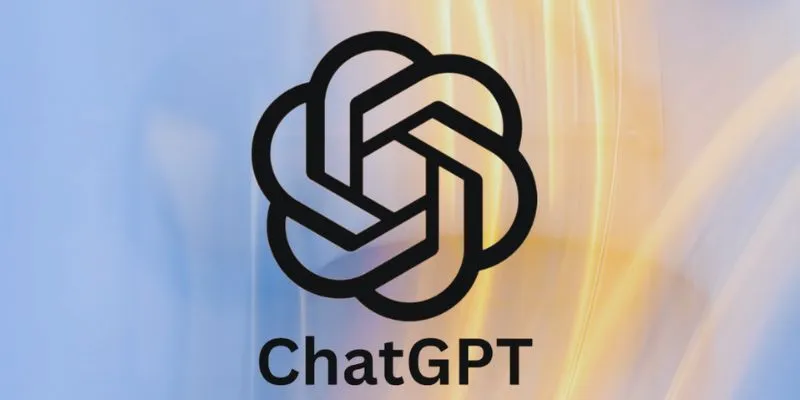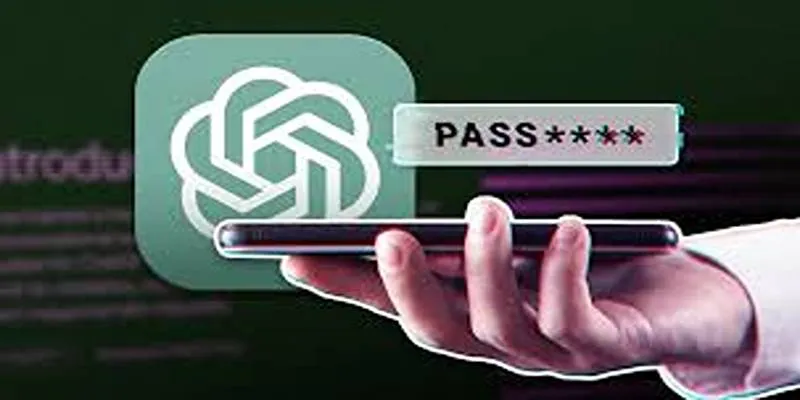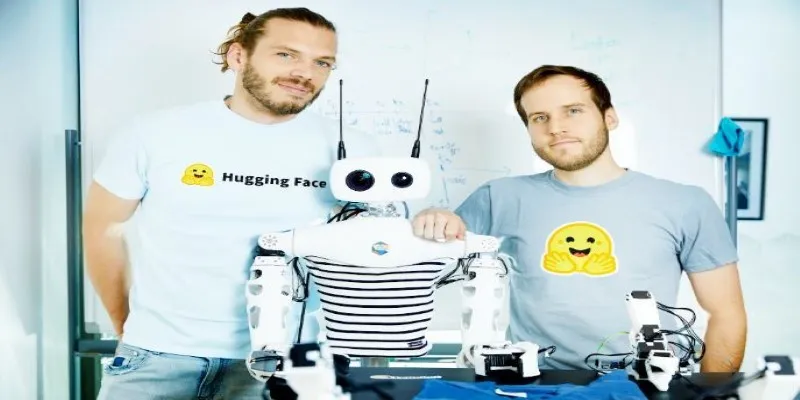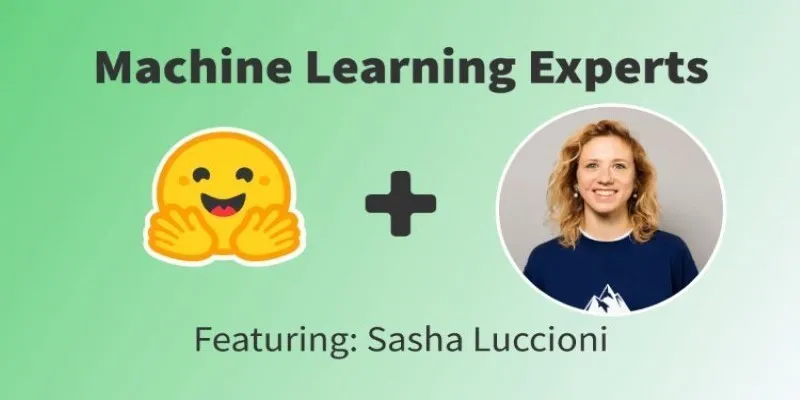AI has rapidly transformed digital workspaces, with numerous AI tools launching monthly. It’s tempting to believe you need a unique AI assistant for each task—one for coding, marketing, and legal advice. However, after months of experimentation, I’ve discovered you don’t need multiple tools. ChatGPT is versatile, covering all these needs effectively.
While specialized chatbots can be useful for specific tasks, they often restrict you to a rigid workflow and require juggling multiple tools. In contrast, ChatGPT is a powerful generalist, easily becoming a specialist with the right prompt or a Custom GPT. It adapts to various tasks with accuracy, depth, and personality.
ChatGPT vs. GitHub Copilot
Let’s begin with GitHub Copilot, a coding assistant from Microsoft and OpenAI. Copilot excels in live coding environments, offering line-by-line suggestions as you type. It’s useful for boilerplate code and accelerating common patterns, especially if you’re already knowledgeable.
However, Copilot assumes you’re an experienced coder. It doesn’t explain why something works or guide you through alternatives, nor does it assist in debugging intelligently.
This is where ChatGPT excels. Whether you’re a beginner or an experienced developer, ChatGPT writes code, explains each step, assists in troubleshooting errors, guides you through logic, and even teaches best practices. It’s not just a tool—it’s an interactive teacher and problem-solving partner.
ChatGPT vs. Jasper AI
Jasper AI is designed for marketers, content creators, and e-commerce writers, offering pre-designed templates for blog intros, product descriptions, ads, and email copy. Initially, this seems efficient.
However, extended use reveals limitations. The templated responses lack depth and personalization, serving only surface-level content needs but falling short for detailed, original writing.
ChatGPT excels in generating rich, diverse, and highly contextual content. It adapts to brand voice, understands audience targeting, and handles nuanced subjects with fluency. Whether it’s a blog post, pitch deck, or thought leadership piece, ChatGPT allows for greater creative control—no templates required.
ChatGPT vs. Perplexity AI

Perplexity AI positions itself as a research powerhouse, leveraging live web searches for up-to-date answers and citations. While it excels at pulling quick facts and verifying real-time events, it behaves more like a sophisticated search engine than a conversational AI.
ChatGPT, especially in Pro mode with real-time browsing capabilities , doesn’t just retrieve information; it breaks it down, contextualizes it, and presents it in a digestible manner. Whether researching a technical paper, business trend, or historic event, ChatGPT connects the dots and explains the “why” behind the facts—something Perplexity struggles to achieve.
ChatGPT vs. Claude AI
Claude AI, developed by Anthropic, is praised for its conversational tone, safety, and balanced dialogue. It’s designed for non-toxic, cautious interactions, making it suitable for general conversation and long-form content creation.
However, in terms of personalization and workflow integration, Claude falls short of ChatGPT’s Custom GPT feature. With ChatGPT, you can build tailored assistants for roles like resume writing, coding mentorship, customer support, or productivity coaching. Claude may be warm and polite, but ChatGPT is both personable and fully customizable.
ChatGPT vs. Google Gemini
Google Gemini (formerly Bard) benefits from Google’s vast knowledge graph and integration with Google Search and Docs. It excels at looking up information, summarizing web content, and answering quick questions with recent data.
However, its conversational flow and memory feel disjointed compared to ChatGPT. It lacks the ability to build long-term context or serve as a consistent assistant across varied tasks.
ChatGPT remembers ongoing projects, adapts to threads, and responds like a collaborator, not just a query handler. Enhanced with memory features or Custom GPTs, it becomes a true productivity companion—not just a fact-checker.
The Power of Custom GPTs: ChatGPT Made Personal
What sets ChatGPT apart is its Custom GPT feature, available to Pro users. I’ve created tailored ChatGPT versions focusing on specific roles or industries. One GPT for editing client copy, another for writing academic research summaries, one for drafting LinkedIn content, and another for customer service scripting.
Each Custom GPT remembers its role, follows a specific tone, and operates with domain-specific logic, all configured by the user. This isn’t just convenience—it’s real personalization at scale. Specialist chatbots can’t compare.
ChatGPT Is a Platform, Not Just a Tool
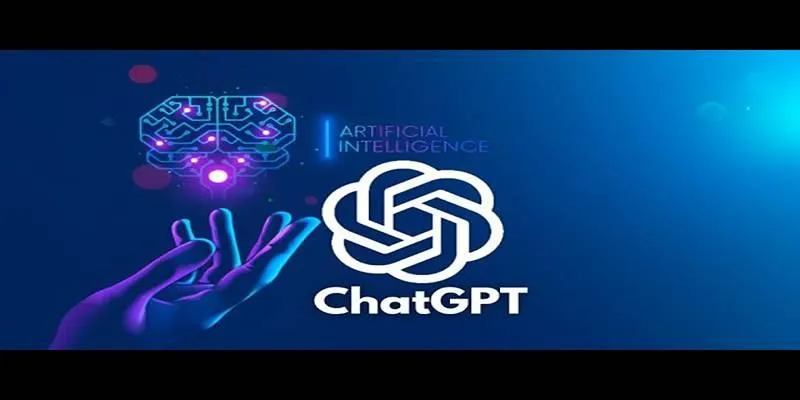
Unlike niche AI bots designed for a single task, ChatGPT is a platform that adapts and grows with you based on your needs and preferences. Whether you’re a developer, marketer, student, entrepreneur, or researcher, ChatGPT molds itself to your workflow, becoming an extension of your thought process.
ChatGPT’s true power lies not just in its capabilities but in how seamlessly it integrates into everything you do. From daily tasks to complex strategies, it provides consistent, intelligent, high-quality support across domains. It’s the AI that doesn’t just assist—it enhances productivity, insight, and decision-making.
Conclusion
Specialist AI chatbots offer hyper-focused solutions but sacrifice flexibility, locking you into narrow experiences and requiring tool-switching when needs shift.
ChatGPT, however, adapts, grows, and evolves. It’s not limited by industry or style and doesn’t require platform changes when tasks vary. It’s the only AI truly multi-purpose without compromise. If you’re tired of managing multiple tools and subscriptions, it’s time to consolidate. With ChatGPT, one AI is all you need. Once you realize this, there’s no turning back.
 zfn9
zfn9



